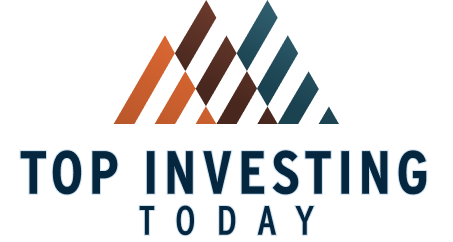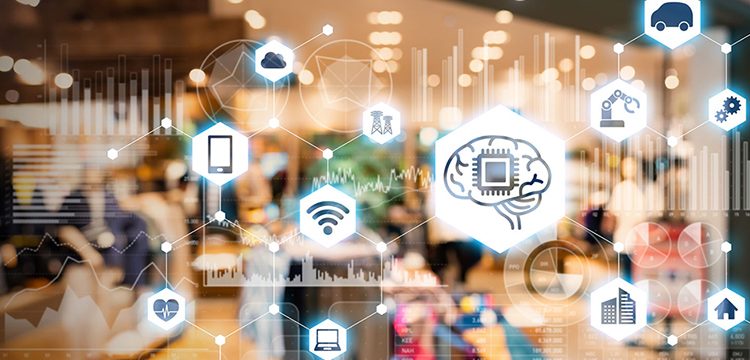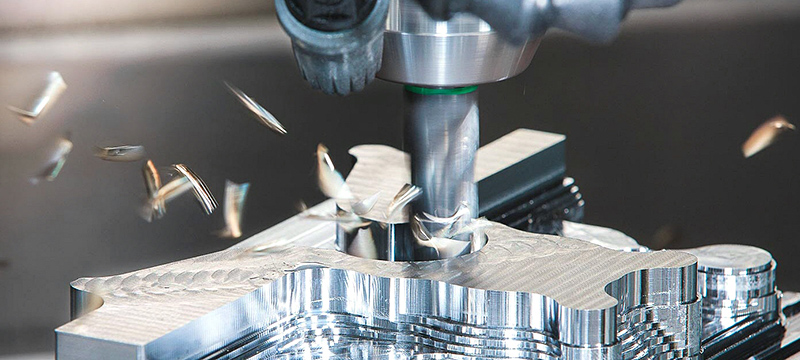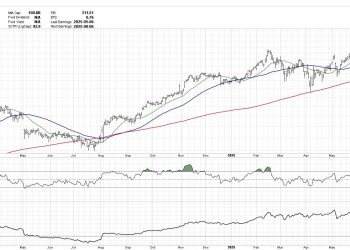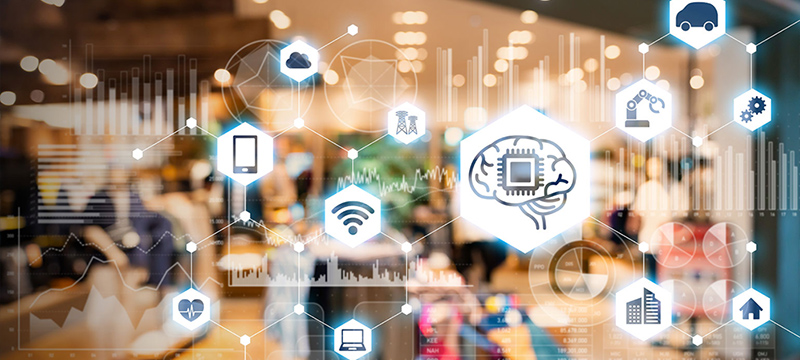

InsightAce Analytic Pvt. Ltd. announces the release of a market assessment report on the Global Internet of Things in Retail Market.
According to the latest research by InsightAce Analytic, the Global Internet of Things in Retail Market is valued at US$ 57.8 Bn in 2023, and it is expected to reach US$ 464.9 Bn by 2031, with a CAGR of 30.1% during the forecast period of 2024-2031.
The Internet of Things (IoT) is transforming the retail market by enhancing customer experiences, optimizing operations, and enabling new business models. IoT technologies, such as smart shelves, beacons, and connected devices, provide real-time data and insights into inventory levels, customer preferences, and store traffic patterns. This data allows retailers to manage stock more efficiently, personalize marketing efforts, and streamline supply chain operations. Additionally, IoT-enabled devices can improve in-store experiences through features like automated checkout, interactive displays, and tailored promotions based on shopper behaviour.
As IoT adoption grows, it is expected to drive significant innovation and efficiency improvements, helping retailers stay competitive in a rapidly evolving market. The rise of omnichannel retailing, driven by IoT technologies that seamlessly integrate online and offline shopping experiences, is contributing to market growth. Additionally, the growing prevalence of IoT-enabled smart stores, where retailers use interconnected devices and sensors to offer immersive and personalized shopping experiences, is further accelerating market expansion.
Drivers:
The growth of the Internet of Things (IoT) in the retail market is driven by several key factors. These include the increasing demand for enhanced customer experiences and the need for efficient inventory management. IoT technology enables retailers to gather real-time data on consumer preferences and behaviour, allowing for personalized marketing strategies. Additionally, IoT solutions improve supply chain visibility and operational efficiency, reducing costs and increasing productivity.
The rise in the knowledge and adoption of smart devices and advancements in IoT technology further propel market growth. Furthermore, the integration of IoT with emerging technologies such as machine learning & artificial intelligence enhances decision-making processes and predictive analytics in retail operations.
Challenges:
The retail market faces numerous hurdles when it comes to executing the Internet of Things (IoT). A significant obstacle is in ensuring the security and privacy of data. As IoT devices collect wide range of data, protecting this data from breaches and ensuring customer privacy becomes increasingly difficult. Another challenge is the integration of IoT systems with existing retail infrastructures.
Retailers often face compatibility issues and the need for substantial investments in upgrading their technology. Additionally, the complexity of managing and maintaining a network of interconnected devices can be overwhelming, requiring specialized skills and knowledge. Furthermore, the rapid pace of technological improvements means that retailers must continuously adapt to stay competitive, which can be both costly and resource-intensive.
Regional Trends:
The North American Internet of Things in the retail market is expected to register a major market share. This growth is attributed to the integration of in-store as well as digital operations in the retail sector, with technologies like RFID tags and smart shelves enabling retailers to manage inventory efficiently and enhance the shopping experience. The Asia Pacific (APAC) region is predicted to be the fastest-growing market, with a remarkable CAGR projected from 2024 to 2031. This rapid and continuous growth is driven by increasing internet penetration, smartphone usage, and e-commerce activities. This digital shift fosters an environment conducive to adopting digital avatars in customer interactions, marketing strategies, and virtual experiences.
Recent Developments:
- In January 2024, IBM Corporation partnered with SAP SE to create solutions aimed at helping clients in the consumer-packaged goods and retail sectors optimize their supply chain, finance operations, sales, and services through the use of generative AI.
- In December 2023, HCL Technologies (HCL) established a partnership with SAP to develop and provide IoT solutions and services that are relevant to various industries. HCL Technologies will bundle pertinent SAP software with services and hardware to expedite and streamline the fragmented and intricate solution stack that organizations encounter when implementing Industry 4.0 transformations.
The post Internet of Things in Retail Market Size Will Expand to USD 464.9 Billion by 2031 appeared first on IoT Business News.
